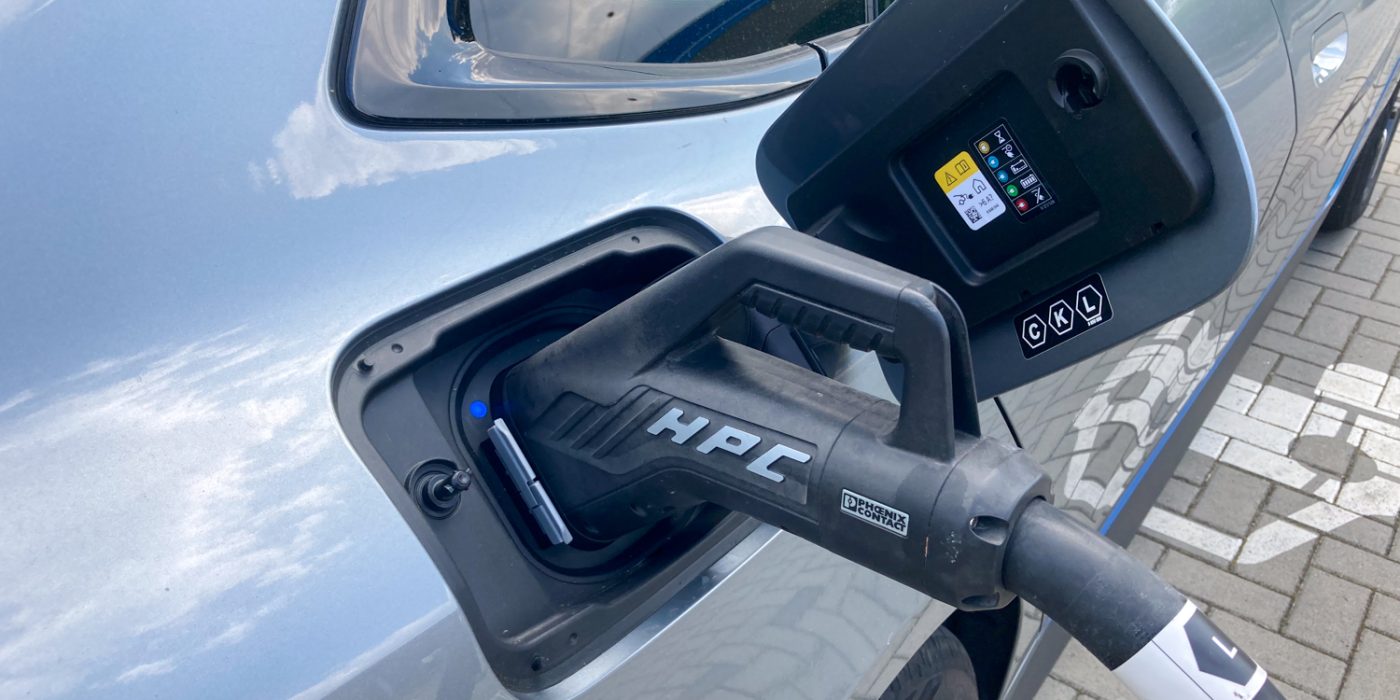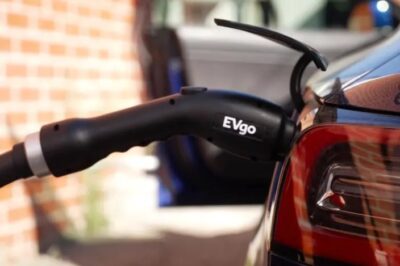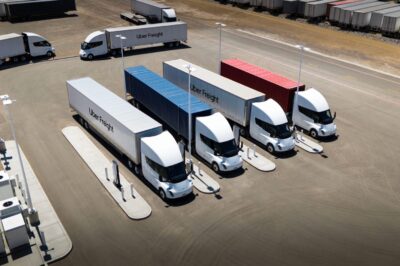Slovakia to build nationwide fast-charging network
The funds will be made available through the Slovak Recovery and Resilience Plan, specifically the Sustainable Transport component, the government states. However, it does not mention how much funding has been earmarked for the new fast-charging network. There is also no official timetable yet.
What is certain is that the project will be realised in two stages. First up is the installation and construction of electrical capacities, meaning the setting up of high-voltage networks and transformer stations at selected along the TEN-T corridor. The second stage is the installation of the charging stations, which will have an output of at least 300 kW for passenger cars and 400 kW for commercial vehicles.
MH Invest will be in charge of “preparatory work related to securing the lease of land by the National Highway Company,” as well as implementing a public procurement process. It is not clear from the communication published by the Ministry of Economy of the Slovak Republic how many chargers will be reserved for electric cars and how many for electric trucks and buses. It also does not mention a number of locations. Technically, it did not even officially say how many charge points are planned – the number “228” was published by the portal CE Energy News.
“The project of ultra-fast charging stations on motorways and expressways is a significant contribution to the development of electric mobility in Slovakia and directly contributes to the fulfilment of our international obligations,” said Deputy Prime Minister and Minister of Economy of Slovakia Denisa Saková. “Slovakia, as part of the TEN-T network, plays an important role in international transport. The construction of UFC stations will strengthen its integration into the European charging infrastructure system and increase competitiveness in the field of ecological mobility,” Saková added.
Though the Slovak government does not specifically state this, the EV charging network expansion is in line with the European Alternate Fuels Infrastructure Regulation (AFIR). It was first announced in 2023 and focuses on the density of a European charging network on major highways (every 60 kilometres for cars and every 120 kilometres for trucks and buses by 2026).
Update 09 May 2025
The tender has been launched and bidders have until 11 June 2025 to submit their bids. Specifically, the project envisages the construction of 35 charging parks with a total of 251 HPC charging points – 219 for cars and light commercial vehicles (300 kW) and 32 for trucks and heavy commercial vehicles (400 kW).
economy.gov.sk (in Slovakian), ceenergynews.com, economy.gov.sk (update, in Slovakian)





0 Comments